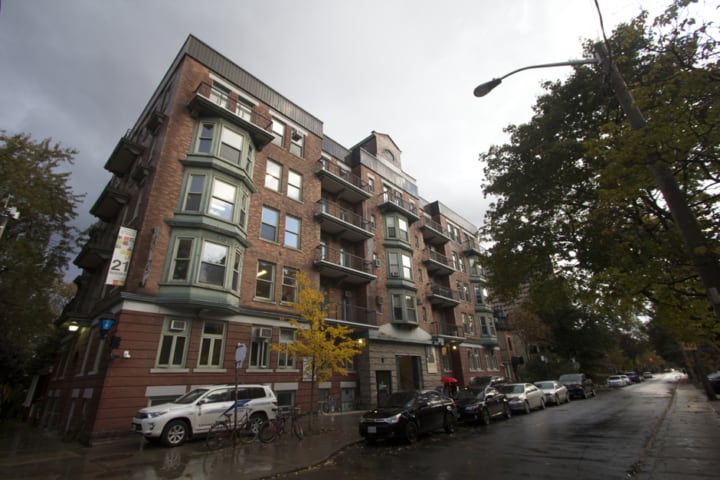U of T and the city of Toronto itself are known for their size and diversity — two factors that can make this a difficult place to find a group of friends or a support structure. In this edition of Ask Big Questions, we asked students: who is in your community?
***
Living in a large apartment building can create a sense of separation from your neighbours, despite the physical proximity. My roommate and I, however, have been lucky enough to get to know a few of our neighbours and have established relationships with some of them. Our weekly dinners with the three girls across the hall have given us a chance to meet new people and try new things. It has also forced us to learn how to cook more than just our usual instant ramen and Kraft Dinner. We have also befriended the elderly Ms. Jackson, a kind and generous soul who has “adopted” us as her new children. Having someone there for emotional support, as well as the occasional baked good, can really make a new environment feel like home. Finally, there is Janice, the concierge who always has a warm smile on her face even on the coldest of Toronto days, which is always a welcome sight after a tough night of lectures. This community we have created may not be our closest friends or family, but they are an important support group in our lives and we are lucky to have them around.
—Daniel Connolly is a third-year student at Victoria College studying economics.
I’m happy and thankful to have multiple different communities, each filled with people from different backgrounds and with different interests. U of T is a great community, and I’ve found it friendlier and more accessible by narrowing it down to places like my college and the philosophy department. My family, however, is my foundational community, with my friends being the final group, who provide a great source of companionship, fun, and love.
My biggest community is Toronto! It’s amazing that a community isn’t just made up of people, but also things like architecture, infrastructure, culture, and events. I love all of these things about Toronto as well as the wonderful, smaller communities of people the city hosts.
The best thing about having multiple communities with a variety of people in them is exposure to new ideas and experiences, as well as people to guide you through them. My communities challenge me to be better and also support me through everything while making sure I have fun and enjoy life.
— Madeline Lisus is a third-year philosophy specialist at Trinity College.
U of T is such a large place that I struggled initially to find the people who were going to have my back. I have found most of my support through my college, Trinity. Having a smaller home base within a large community has been an incredible asset to have while at U of T. Through Trinity I have found roommates, friends, and study partners that make this large university seem much less daunting.
— Craig Gilchrist is a fourth-year student at Trinity College studying international relations, Canadian studies, and political science.
“Community” is a complicated word for me to attack— not because I feel that I have none, or that I see society as an equitable pool of comrades, but because of the pure subjectivity of the word. When I hear the word “community” there is no image of a specific group of people that instantly comes to mind. (Well, the one image I have is of Alison Brie and Chevy Chase, but that feels like a rather disingenuous answer).
If I were playing a word-association game right now, I think the first word that comes to mind when I hear “community” might be “centre.” As in: “I am running behind for my water aerobics class at the community centre!” or “That man is choking — good thing I learned CPR at the community centre. I just need to wait for him to go unconscious and then I’ll know exactly what to do.” Yet, somehow, the atmosphere of poor ventilation and teenage volunteers doesn’t quite feel communal to me. I feel no kinship with my fellow Zumba classmates, nor do I feel that there is anything cohesive about us — attributes I feel are requisites for a community.
I think one source of my struggle with this question is that perhaps I have several communities, the boundaries of which are fluid and dynamic. I would consider my family a community; I would consider the students of the U of T drama centre my community; and I feel like I can safely stand on the fringes of a handful of other communities. In essence, I think the communities I feel affiliated with are constantly shifting — absorbing new parts and leaving behind others, and I look forward to the future communities I may one day join.
— Aviva Rogers is a fourth-year student at University College studying drama and cognitive science.
My community is composed of a cross between the best friends I made in my first and second year, and the people from other schools I see when I debate. Community for me is about where you belong, and those people have always made sure I feel like I belong, even when I’m on the move or away from home.
— Lex Sundarsingh is a fourth-year student at Trinity College studying political science, contemporary Asian studies, and diaspora and transnational studies.


